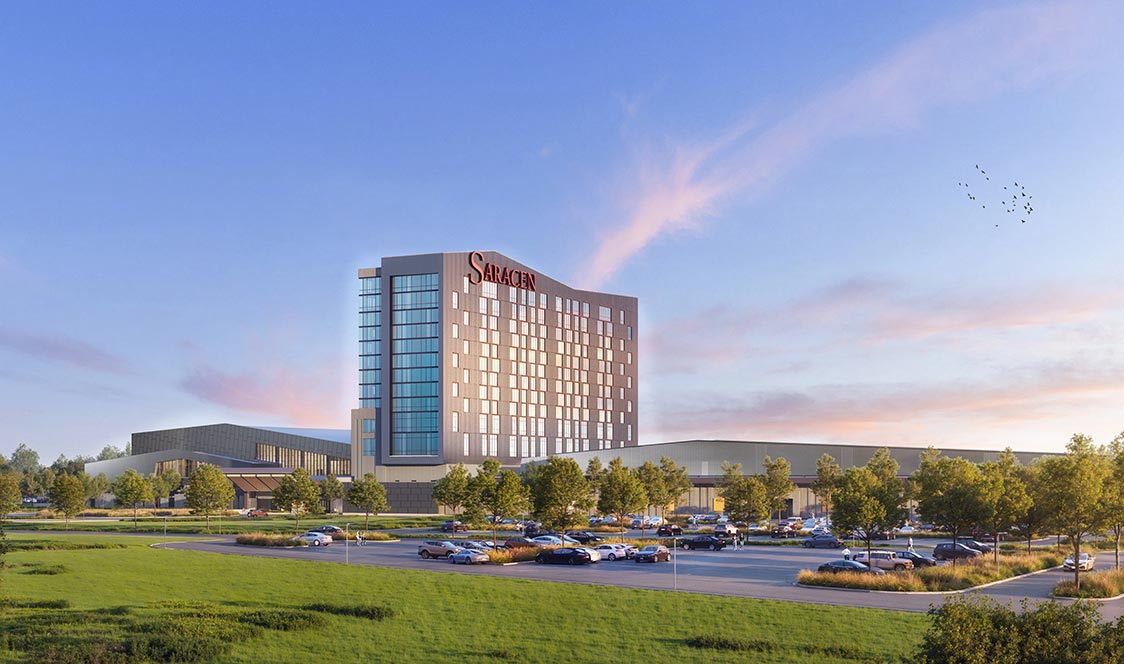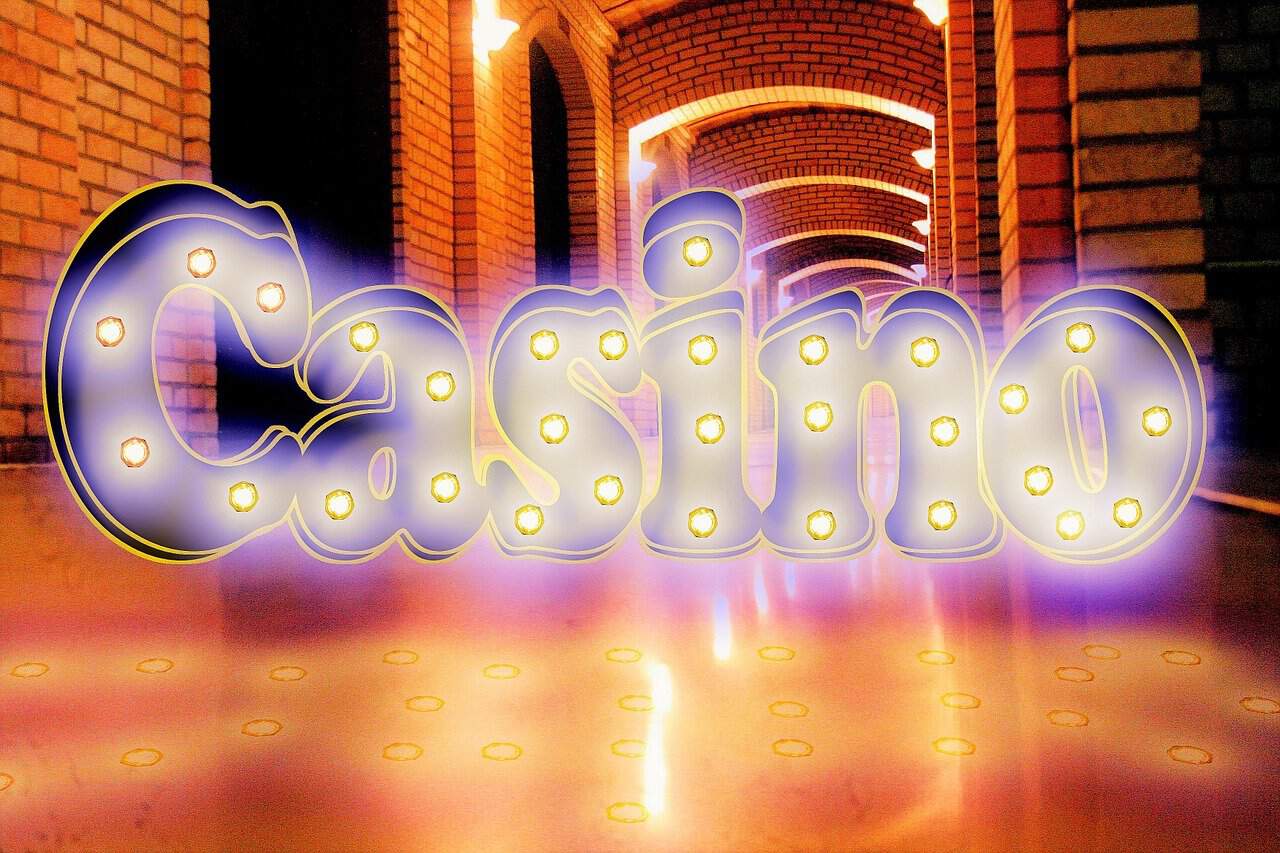Listen to this story
Loading audio file, please wait.
Speed
1.00
0.25
0.50
0.75
1.00
1.25
1.50
1.75
2.00
Rising Star Casino in Rising Sun, Indiana. (photo courtesy of Rising Star Casino Resort)
The proposal by Full House Resorts to move its gaming license from Rising Sun to New Haven could result in over $250 million in annual profits and tens of millions of dollars in taxes.
That’s according to a preliminary third-party study the Las Vegas-based gaming company commissioned to show the economic impact of the move as it begins to court state lawmakers and local residents.
The study—which was conducted by real estate services firm CBRE—shows Full House’s proposal to build a $500 million casino in New Haven would generate $266.6 million annually in revenue by the third year of operation, along with almost $83 million in taxes.
Those projections would result in around $183 million of post-tax revenue for Full House, which would make it the sixth-highest earning casino in the state, per the Indiana Gaming Commission’s 2024 report. Full House is also proposing a 200-room hotel in a second phase of its build out. Once that is completed, yearly revenues could jump to $341 million.
Both the projected revenue and tax impact of a casino in New Haven are significantly higher than what Full House currently makes and pays in Rising Sun at almost $44 million in winnings and $3.7 million in taxes.
Good for Indiana
Full House Chief Development Officer Alex Stolyar said the company’s pitch to lawmakers is simple: having a casino in the Fort Wayne area will result in more tax revenue for Indiana.
“A chance to move into New Haven means a chance to not only capture gaming dollars that are leaving the state, but also to capture gaming dollars from out of state. Now Indiana can capture gaming revenues from Michigan, from Ohio and even from Illinois, which I think makes that just a great location,” Stolyar said.
Your browser does not support the audio element.
According to CBRE’s analysis, the New Haven site is “isolated from nearby competition” and would draw in people who are currently going to Michigan or Ohio to gamble. The analysis estimates the FireKeepers Casino outside of Battle Creek, Michigan, stands to lose the most business from a New Haven build, with the Hollywood Casino in Toledo losing the second-most.
Four Winds Casino in South Bend and Harrah’s Hoosier Park Casino in Anderson would lose some business as well, CBRE projects.
On the other side of that equation is Rising Sun, where CBRE says around 65% of the revenue lost by closing the Rising Star Casino there would go to other casinos in Indiana.
“I think the main point when looking at new locations is that you’re growing revenue from the state and pulling in out of state revenues and not cannibalizing existing casinos,” said Stolyar.
Economic impact
Of the $82.8 million in taxes CBRE projects Full House to pay by the end of Phase One, $53.5 would go to the state, with over $18 million going to the city of New Haven and almost $1 million to Allen County. A little over $10 million would go to various other governmental units.
Beyond gaming revenues and tax dollars, the CBRE report touches on construction impacts of a potential build saying that both phases would see about 1,860 jobs created. That projection, however, does not distinguish between direct construction jobs and indirect jobs.
If the casino and hotel are built as planned, Full House says it will hire close to 3,000 people, most of which will be local.
Despite the potential for an economic boost, many residents in New Haven expressed displeasure at the idea of a casino moving into their town at a public meeting last month. Some in New Haven are concerned over a rise in gambling addiction and crime. Others are more concerned about traffic at the already congested intersection of Interstate 469 and State Road 24.
Ultimately, the Indiana legislature has the final say whether Full House can move its gaming license and build a new casino.
“It’s still very early in the process, but we’ve met with many legislators and so far it’s been overwhelming supportive. Which is why we’re continuing to pursue this,” said Stolyar.
Story Continues Below




